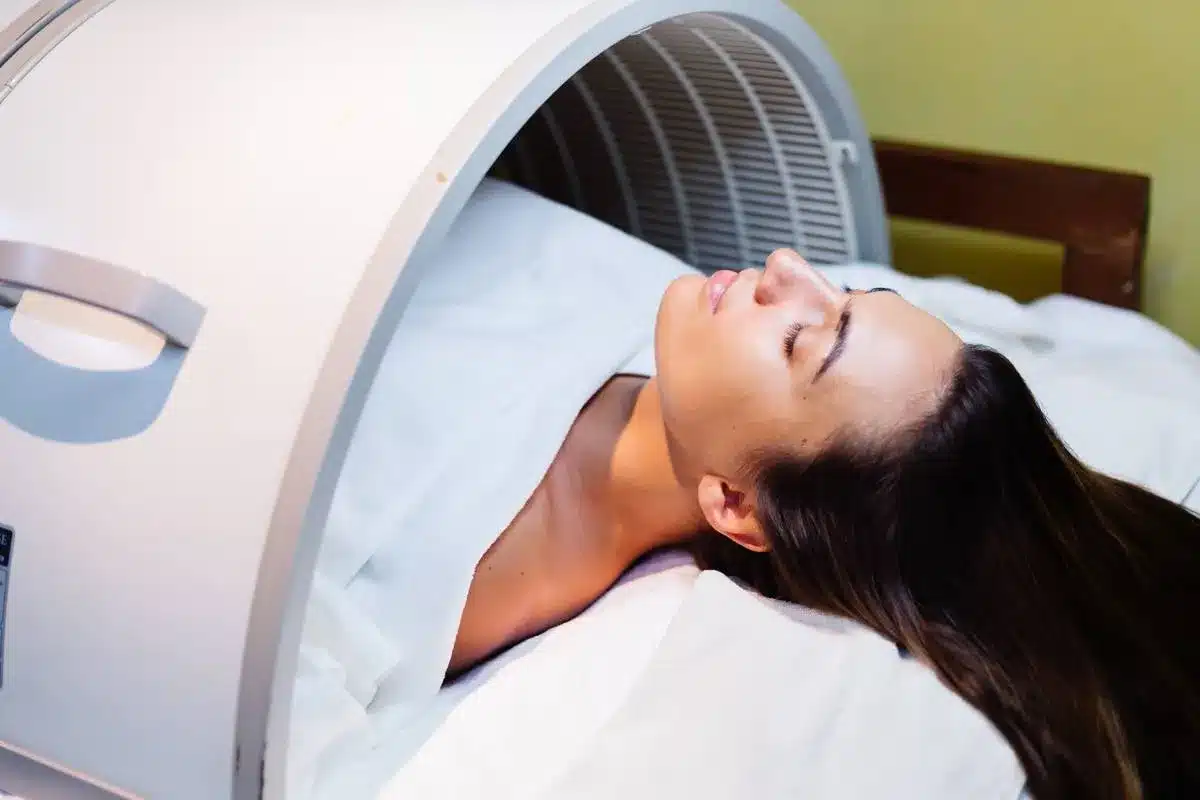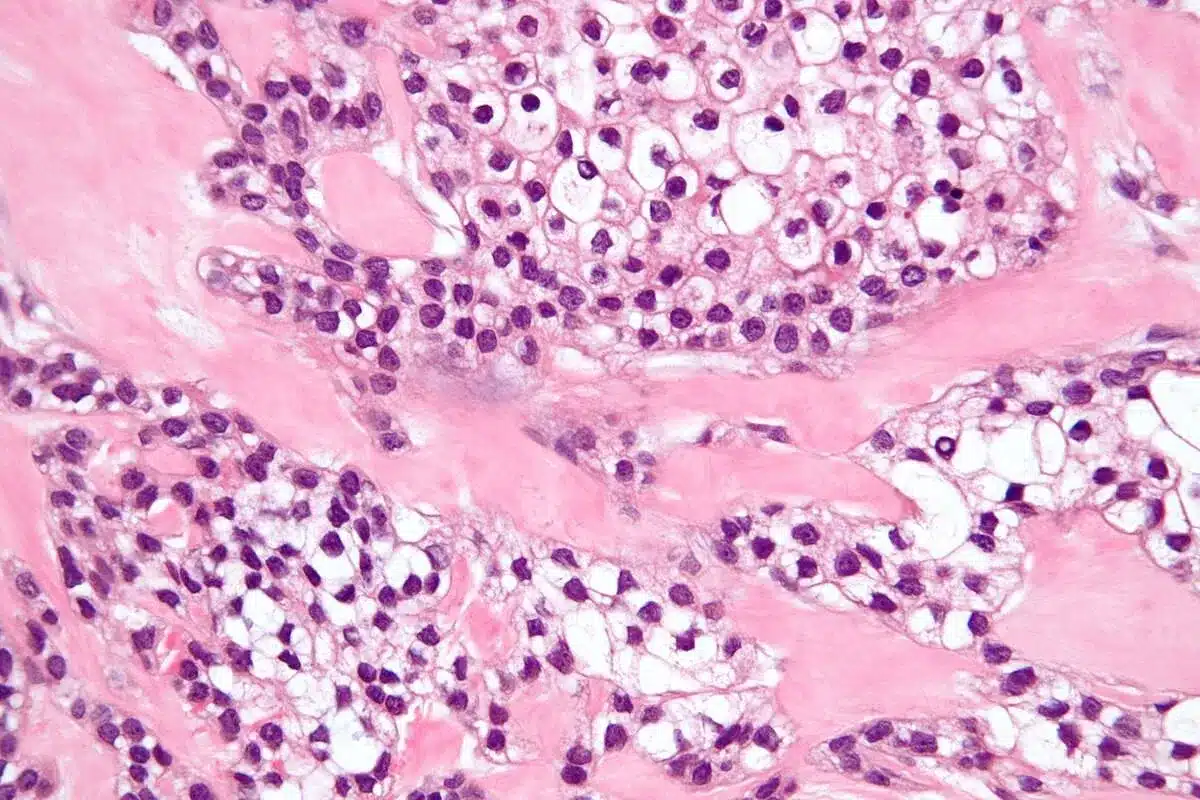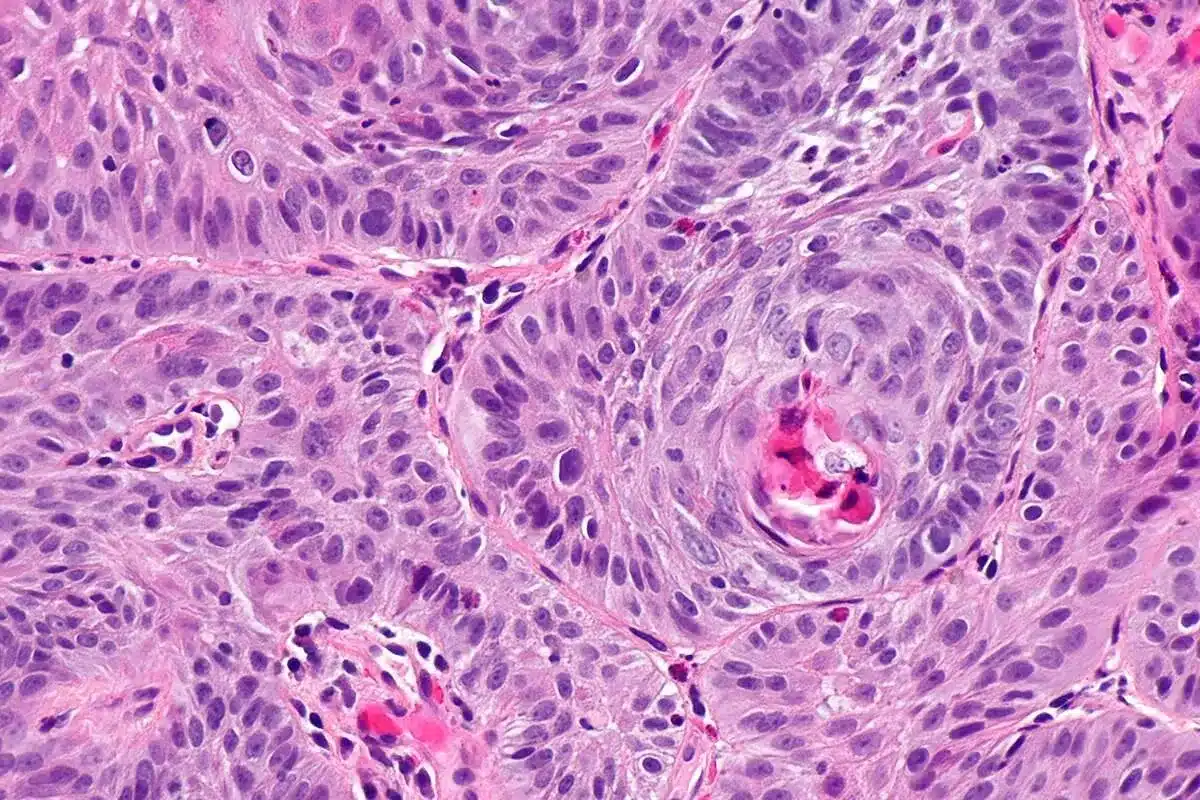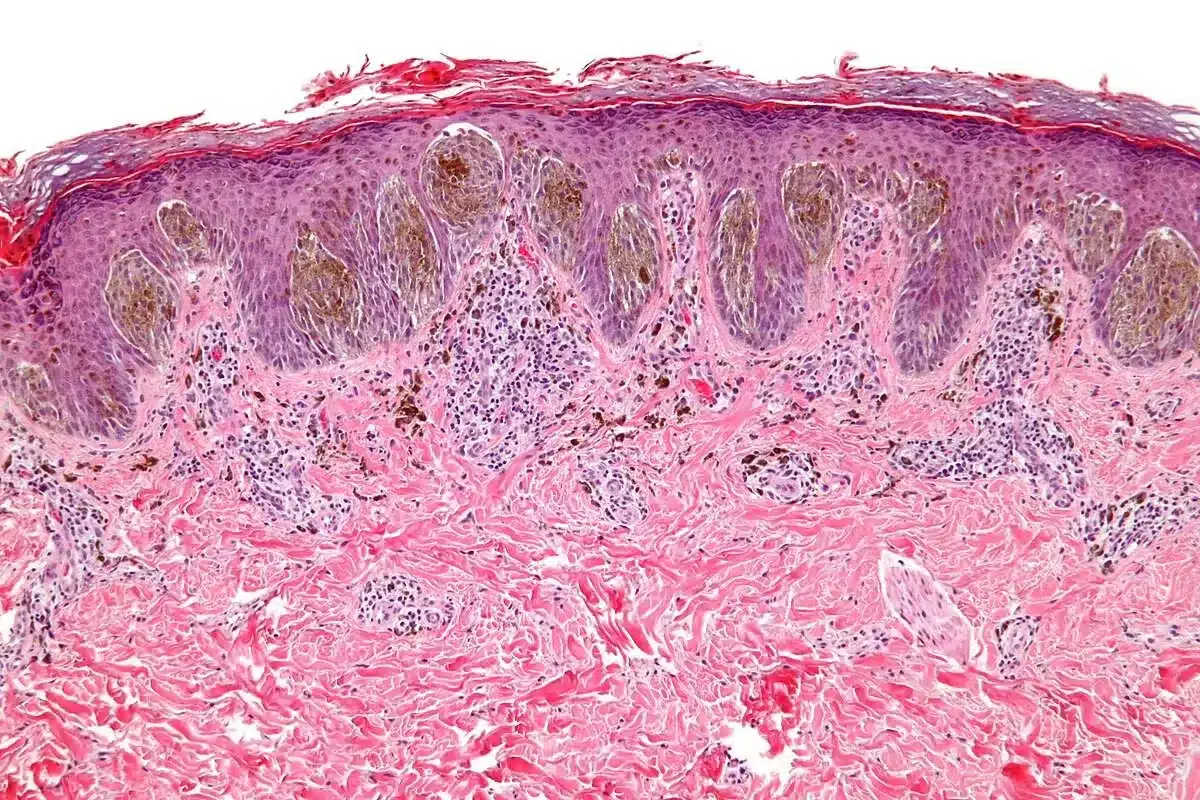
High cholesterol is a major risk factor for heart disease. While medications are effective, many people seek natural ways to manage their cholesterol. At Liv Hospital, we support this approach by identifying the best vitamins for lowering cholesterol and natural remedies backed by science to promote heart health.
Increasingly, people are turning to natural methods to maintain healthy cholesterol levels. Certain vitamins and natural compounds can help reduce cholesterol, and our team has identified natural statins that work well alongside a healthy lifestyle for optimal heart health.
Key Takeaways
- Natural alternatives to traditional statins can help manage cholesterol levels.
- Certain vitamins and natural compounds have been shown to support heart health.
- Liv Hospital’s experts recommend a comprehensive approach to cholesterol management.
- Natural statins can be used in conjunction with a healthy lifestyle.
- Effective cholesterol management is key for overall cardiovascular health.
The Growing Problem of High Cholesterol and Why Natural Solutions Matter

High cholesterol is a big health issue that needs our focus. It’s a major risk for heart disease, a top killer worldwide. We must grasp the details of cholesterol and why natural ways to manage it are key.
Understanding Good vs. Bad Cholesterol
Cholesterol is essential for our bodies. But knowing the difference between “good” and “bad” cholesterol is vital. Low-Density Lipoprotein (LDL), or “bad” cholesterol, can clog arteries and raise heart disease risk. High-Density Lipoprotein (HDL), or “good” cholesterol, helps clear other cholesterol from blood.
Keeping LDL and HDL cholesterol in balance is vital for heart health. Lifestyle changes can help, but some may need more support.
Limitations of Prescription Statins
Statins are often given to lower cholesterol. Yet, they can have downsides like muscle pain, liver issues, or diabetes risk. They might not work for everyone, due to health conditions or other meds.
This has sparked interest in natural lipitor substitutes and statin alternatives natural. These aim to offer benefits without harsh side effects.
| Cholesterol Type | Function | Impact on Health |
| LDL (Bad Cholesterol) | Transports cholesterol to cells | High levels can lead to plaque buildup and heart disease |
| HDL (Good Cholesterol) | Removes excess cholesterol from bloodstream | High levels associated with lower risk of heart disease |
Knowing about cholesterol types and treatment limits helps us make better health choices. As we look into natural solutions, understanding cholesterol management fully is critical.
Best Vitamins for Lowering Cholesterol: What Research Shows

Exploring the best vitamins for lowering cholesterol shows us their key role in heart health. Some vitamins are more effective at lowering cholesterol than others. Understanding their benefits is vital for managing cholesterol naturally.
How Vitamins Support Healthy Cholesterol Metabolism
Vitamins like niacin (Vitamin B3), Vitamin D, and Vitamin C are great for cholesterol. Niacin boosts HDL (good) cholesterol and lowers LDL (bad) and triglycerides. Vitamin D is linked to better heart health and helps manage cholesterol. Vitamin C prevents LDL cholesterol from oxidizing, which reduces artery plaque.
“Vitamins play a complex role in managing cholesterol,” says a leading expert in nutritional cardiology. “Knowing how each vitamin helps heart health is key to a good natural cholesterol plan.”
Combining Vitamins with Other Natural Approaches
Vitamins are important, but they work better with other natural methods. Plant sterols and stanols, soluble fiber, and herbal extracts like red yeast rice and bergamot boost vitamin effects. Plant sterols block cholesterol absorption, and soluble fiber helps remove bile acids, reducing liver cholesterol.
Using vitamins and natural methods together creates a complete cholesterol management plan. This approach not only lowers cholesterol but also improves heart health overall.
Niacin (Vitamin B3): The Clinically Proven Cholesterol Reducer
Niacin, or Vitamin B3, is known for lowering cholesterol naturally. It’s a proven alternative to statins for many people.
Niacin plays a big role in managing cholesterol. It helps lower LDL cholesterol and triglycerides. It does this by stopping fats from breaking down in fat tissue.
Mechanism of Action on LDL and Triglycerides
Niacin is great at lowering LDL cholesterol and triglycerides. It does this by reducing VLDL production, which leads to lower LDL levels. It also increases HDL cholesterol, known as “good” cholesterol.
Proper Dosing and Managing the “Niacin Flush”
While niacin is effective, it’s important to dose it right to avoid side effects. The “niacin flush” can be uncomfortable but is usually not serious. Start with a low dose and increase it slowly to adjust.
Take niacin with food or use extended-release forms to lessen the flush. Always talk to a healthcare professional about the right dose and to check cholesterol levels. This way, you can enjoy niacin’s benefits without the side effects.
Vitamin D: The Sunshine Nutrient for Heart Health
Vitamin D is known as the “sunshine nutrient.” It’s key for heart health, helping to lower cholesterol. We’ll look at how vitamin D affects heart health and how to keep levels right.
Connection Between Vitamin D Deficiency and Cholesterol Levels
Studies show vitamin D deficiency links to higher LDL cholesterol and triglycerides. This means keeping vitamin D levels up is important for cholesterol management. People with low vitamin D are more likely to get heart diseases.
Vitamin D receptors are found in heart-related cells and tissues. This has sparked more research into vitamin D’s heart health benefits.
Supplementation Guidelines and Natural Sources
To keep vitamin D levels right, mix sun exposure, food, and supplements. Adults need 600 to 800 IU of vitamin D daily.
- Fatty fish like salmon and mackerel, fortified dairy, and some cereals are good sources.
- Supplements come in D2 and D3 forms. D3 is better at boosting vitamin D levels.
- Talking to a doctor is key to finding the right supplement for you.
Knowing vitamin D’s role in heart health and keeping levels up can lower cholesterol risk. This helps prevent heart diseases.
Vitamin C: Antioxidant Support for Cholesterol Management
Vitamin C is key for managing cholesterol naturally. It’s not just good for health; it also helps the heart. We’ll look at how vitamin C fights cholesterol oxidation and how much you should take for heart benefits.
Impact on Cholesterol Oxidation
Vitamin C fights LDL cholesterol oxidation, which is bad for heart health. It stops plaque buildup in arteries, keeping your heart healthy. Research shows that enough vitamin C can lower heart disease risk.
Optimal Daily Intake
To get vitamin C’s heart benefits, you need enough of it. Aim for at least 500 mg daily for heart health. Eat foods like citrus fruits, strawberries, and greens to get it. Some might need supplements, like those at high heart disease risk.
Red Yeast Rice: The Natural Statin Alternative
Many people look for natural ways to manage cholesterol. Red yeast rice is seen as a good option instead of statins. It’s made by fermenting rice with the yeast Monascus purpureus. This method has been used in traditional Chinese medicine for a long time.
Understanding Monacolin K and Its Similarity to Lovastatin
Red yeast rice has compounds called monacolins, with monacolin K being key. It’s the same as lovastatin, a statin drug. This similarity helps explain how red yeast rice can lower bad cholesterol and triglycerides.
It also increases good cholesterol. The presence of monacolin K makes red yeast rice a natural choice instead of synthetic statins. But, the amount of monacolin K can vary a lot between products.
Safety Considerations and Possible Drug Interactions
Red yeast rice is a good natural statin option, but safety is important. The amount of monacolin K can change the product’s effectiveness and safety. It can also cause side effects like muscle pain and liver issues.
It’s also important to watch out for drug interactions. Red yeast rice can affect other medications, like blood thinners. It’s not safe for everyone, so talking to a doctor before using it is essential.
Choosing high-quality red yeast rice from trusted makers is key to avoiding risks. It’s also important to check liver and muscle health while using it as a natural statin alternative.
Plant Sterols and Stanols: Nature’s Cholesterol Blockers
Looking to manage cholesterol levels naturally? Plant sterols and stanols are a great option. They block cholesterol absorption in the intestine, helping your heart health.
Mechanism of Action
Plant sterols and stanols stop cholesterol from being absorbed in the gut. This is key because it lowers cholesterol in the blood. This can reduce heart disease risk and improve heart health.
Food Sources and Fortified Products
Plant sterols and stanols are in many foods and fortified products. This makes it easy to add them to your diet. Natural sources include:
- Vegetable oils
- Nuts and seeds
- Whole grains
- Legumes
Look for fortified margarines, yogurts, and orange juices with plant sterols and stanols. Check the labels for enrichment.
| Food/Product | Plant Sterol/Stanols Content | Daily Intake Recommendation |
| Fortified Margarine | 1-2 grams per serving | 2 servings |
| Orange Juice with Sterols | 1 gram per cup | 1-2 cups |
| Nuts and Seeds | Varies by type | 1 ounce (about a handful) |
Adding these foods and products to your diet can help block cholesterol. This supports your heart health.
Soluble Fiber: Oats and Psyllium for Cholesterol Control
Soluble fiber in oats and psyllium helps control cholesterol. We’ll look at how to add these natural sources to your diet for better cholesterol management.
Beta-Glucans and Their Cholesterol-Binding Properties
Oats are full of beta-glucans, a soluble fiber that lowers cholesterol. Beta-glucans bind to bile acids in the gut, leading to their excretion. This forces the liver to use more cholesterol, lowering blood cholesterol levels.
Key Benefits of Beta-Glucans:
- Reduces LDL (bad) cholesterol levels
- May help in maintaining healthy blood pressure
- Supports overall cardiovascular health
Daily Intake Recommendations for Measurable Results
To lower cholesterol with soluble fiber, the right daily amount is key. Studies show 5-10 grams of soluble fiber can lower LDL cholesterol.
| Food Source | Serving Size | Soluble Fiber Content |
| Oatmeal | 1 cup cooked | 4 grams |
| Psyllium Husk | 1 tablespoon | 3-5 grams |
| Oat Bran | 1 cup cooked | 6 grams |
Adding these foods to your diet can lower cholesterol. For example, oatmeal for breakfast and psyllium husk for lunch can help meet your daily soluble fiber needs.
Before changing your diet, talk to a healthcare provider. This is important if you have health conditions or are thinking of using soluble fiber instead of statins.
Garlic and Lemon Juice: Traditional Remedies with Modern Validation
Garlic and lemon juice together make a strong natural remedy. Modern studies show they can lower cholesterol. This mix has been used for heart health in many cultures for a long time.
Active Compounds That Affect Cholesterol Synthesis
Garlic has sulfur compounds like allicin. Allicin slows down cholesterol making in the liver. It does this by blocking the enzyme HMG-CoA reductase.
Lemon juice adds to garlic’s benefits with vitamin C and flavonoids. These boost antioxidants and help blood vessels. Together, they lower bad cholesterol and keep good cholesterol levels up.
Key Components and Their Effects:
- Allicin (Garlic): Slows down cholesterol making.
- Vitamin C (Lemon Juice): Boosts heart health with antioxidants.
- Flavonoids (Lemon Juice): Help blood vessels and cholesterol.
Preparation Methods for Maximum Benefit
To get the most out of garlic and lemon juice, prepare them right. Mix crushed garlic with fresh lemon juice in warm water before eating.
Here’s a simple recipe:
- Crush 1-2 cloves of garlic and let it sit for 10-15 minutes to allow allicin to form.
- Mix the crushed garlic with the juice of one lemon.
- Add this mixture to a glass of warm water.
- Stir well and consume immediately.
Drinking this mix regularly can help manage cholesterol better. Do it as part of a healthy diet and lifestyle.
Bergamot Extract: The Citrus Fruit with Statin-Like Effects
Research shows bergamot extract could be a natural statin alternative. Bergamot, mainly grown in Italy, affects cholesterol levels. Its unique polyphenols play a big role.
Unique Polyphenols That Target Multiple Lipid Pathways
Bergamot extract has many polyphenols, like flavonoids. These include naringenin and hesperidin. They work together to lower cholesterol in the liver and clear LDL from the blood.
Mechanism of Action: Bergamot’s polyphenols control cholesterol-making enzymes. They block HMG-CoA reductase, a key enzyme. This gives bergamot a statin-like effect without statin side effects.
Clinical Evidence and Recommended Supplementation
Many studies show bergamot extract lowers LDL and triglycerides. It also raises HDL. A typical dose is 500 to 1000 mg daily, with a specific polyphenol percentage.
Clinical Evidence: A meta-analysis found bergamot extract lowers total and LDL cholesterol. It also cuts triglycerides, with few side effects.
Choosing a bergamot extract supplement is key. Look for one with clear polyphenol percentages. Make sure it’s from a trusted brand for quality and effectiveness.
- Look for products with a clear label indicating the percentage of polyphenols.
- Consult with a healthcare professional before starting any new supplement regimen.
- Monitor cholesterol levels regularly to assess the effectiveness of the supplement.
Artichoke Leaf Extract and Omega-3 Fish Oil: Powerful Cholesterol Regulators
Keeping cholesterol levels in check is key for heart health. Natural supplements like artichoke leaf extract and omega-3 fish oil are getting more attention. They might help control cholesterol and improve lipid profiles.
Cholesterol Production and Artichoke Leaf Extract
Artichoke leaf extract could affect cholesterol production in the body. Studies show it might lower cholesterol levels by reducing liver synthesis. Compounds like cynarin and luteolin in the extract are thought to be key.
It might block the enzyme HMG-CoA reductase, similar to statin drugs. This makes artichoke leaf extract a natural option for cholesterol management.
Improving Lipid Profiles with Omega-3 Fish Oil
Omega-3 fatty acids in fish oil are known for heart health benefits. They improve lipid profiles by lowering triglycerides and slightly reducing LDL cholesterol. Omega-3s also have anti-inflammatory effects, reducing heart disease risk.
Research supports omega-3 fish oil’s heart health benefits. It can significantly improve lipid profiles, making it a key part of heart health strategies.
| Nutrient | Effect on Cholesterol | Cardiovascular Benefit |
| Artichoke Leaf Extract | May reduce cholesterol synthesis | Potential natural statin alternative |
| Omega-3 Fish Oil | Reduces triglycerides, raises HDL | Improves overall lipid profile, anti-inflammatory effects |
Artichoke leaf extract and omega-3 fish oil show promise for cholesterol management and heart health. Adding these natural supplements to a healthy lifestyle can help maintain healthy cholesterol levels.
Conclusion: Creating Your Natural Cholesterol Management Plan
Managing cholesterol naturally means making diet changes, taking supplements, and adjusting your lifestyle. Vitamins like Niacin and Vitamin D, and natural statins like Red Yeast Rice, are key. They help create a complete plan for managing cholesterol.
For those who don’t want to use prescription statins, there are alternatives. Plant sterols, soluble fiber, and bergamot extract are good options. It’s important to talk to a healthcare professional to find the best natural cholesterol management plan for you.
Combining natural methods with a healthy diet and exercise is the best approach. This way, you can lower your heart disease risk and improve your heart health.
Start by talking to a healthcare professional to make a plan that fits you. With the right natural treatments and lifestyle changes, you can manage your cholesterol and live a healthier life.
FAQ
What are natural statins and how do they help lower cholesterol?
Natural statins are found in nature and help lower cholesterol. They block the enzyme HMG-CoA reductase. This enzyme is key in making cholesterol in the liver. Examples include red yeast rice, bergamot extract, and certain vitamins like niacin.
Can vitamins really help manage cholesterol levels?
Yes, some vitamins can help manage cholesterol. Niacin (Vitamin B3), Vitamin D, and Vitamin C support healthy cholesterol levels. Niacin, in particular, has been proven to lower LDL cholesterol and triglycerides.
What is the role of niacin in cholesterol management?
Niacin, or Vitamin B3, is good for cholesterol. It lowers LDL cholesterol and triglycerides while raising HDL cholesterol. It does this by stopping fats from breaking down in the body and reducing LDL cholesterol from the liver.
How does Vitamin D impact heart health and cholesterol?
Vitamin D deficiency can lead to heart disease and high cholesterol. Keeping Vitamin D levels up through supplements or natural sources like sunlight and fatty fish supports heart health.
Can Vitamin C help manage cholesterol?
Yes, Vitamin C acts as an antioxidant. It prevents LDL cholesterol from oxidizing, which helps prevent atherosclerosis. Getting enough Vitamin C daily supports heart health.
What is red yeast rice and how does it compare to statins?
Red yeast rice is a natural supplement with monacolin K, like prescription statin lovastatin. It lowers cholesterol by blocking HMG-CoA reductase. But, its strength and side effects can vary.
How do plant sterols and stanols help lower cholesterol?
Plant sterols and stanols are found in plants and block cholesterol absorption in the intestine. Eating foods or products fortified with them can lower LDL cholesterol.
Can soluble fiber really help control cholesterol?
Yes, soluble fiber, like in oats and psyllium, binds to bile acids and removes them. This lowers LDL cholesterol. Aim for 5-10 grams of soluble fiber daily.
Are garlic and lemon juice effective in managing cholesterol?
Garlic and lemon juice support heart health. Garlic may reduce cholesterol synthesis, and lemon juice’s Vitamin C prevents LDL oxidation. They’re mild but can be part of managing cholesterol.
What is bergamot extract and how does it affect cholesterol?
Bergamot extract comes from citrus fruits and has statin-like effects on cholesterol. It lowers LDL cholesterol and raises HDL cholesterol, making it a natural cholesterol alternative.
How do artichoke leaf extract and omega-3 fish oil help regulate cholesterol?
Artichoke leaf extract may reduce liver cholesterol production. Omega-3 fish oil improves lipid profiles by lowering triglycerides and blood pressure. Both are valuable for natural cholesterol management.
Are there any natural substitutes for statins?
Yes, natural substitutes for statins include red yeast rice, bergamot extract, niacin, and plant sterols and stanols. Always consult a healthcare professional before switching to natural alternatives.
How can I create a personalized natural cholesterol management plan?
To create a personalized plan, talk to a healthcare professional. They can assess your needs and health status. They’ll help you with dietary changes, supplements, and lifestyle modifications tailored for you.
References
- White, H. J. (2023). Anatomy, Thorax, Superior Vena Cava. In StatPearls. National Center for Biotechnology Information. https://www.ncbi.nlm.nih.gov/books/NBK545255/








